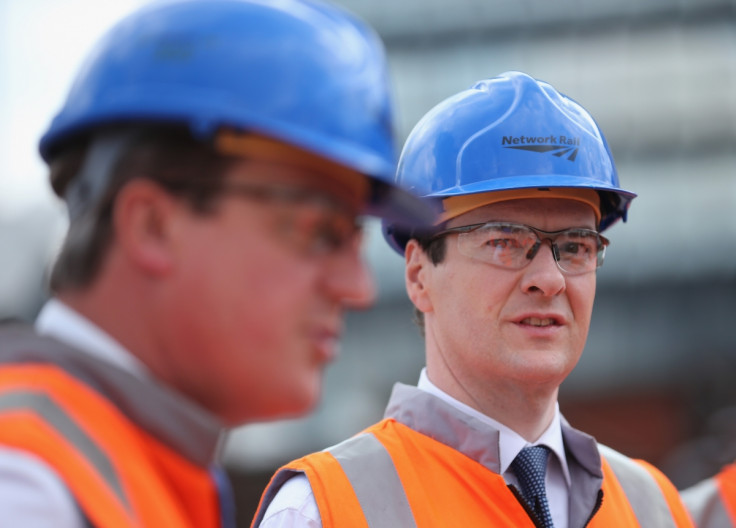Brexit could scupper recovery in the UK manufacturing sector, says EEF

Conditions in Britain's manufacturing sector are expected to improve slightly in the second half of the year, although any sort of recovery could be halted if Britain opts to leave the European Union, a survey released on Monday (6 June) showed.
According to industry group EEF, output and orders in the manufacturing sector fell over the past three months, registering the fourth consecutive quarter of decline as the uncertainty surrounding the outcome of the EU vote later this month continues to hold back investment.
The manufacturing association said concerns over the global economy, the ongoing steel crisis and drastic cuts in the oil and gas sector also contributed to keeping investment at the lowest level since 2009.
However, EEF data showed balances improved over the last quarter, with orders increasing from -5% to -4% and output climbing from -8% to -2%.
"While all of this suggests that manufacturing is coming out of the mire of the past 18 months, even a decent six months in the latter part of the year will still leave output broadly flat over 2016 as a whole," said Lee Hopley, EEF chief economist.
"If, however, there's a vote to leave the EU, we can expect a very significant period of political and economic uncertainty which will see the sector facing uncharted waters for some time to come."
EEF added it expects growth in the manufacturing sector to remain broadly flat for the remainder of the year, having previously lowered its forecast from 0.6% to a 0.1% decline. However, a steady second half to the year is expected to result in growth of approximately 1.2% next year.
Meanwhile, the industry body kept its GDP estimates for 2016 and 2017 unchanged, at 1.9% and 2.2% respectively.
"Demand conditions in manufacturing at least seem to be heading in the right direction, but the climb back to growth is still being challenged by the sluggish global economy and subdued investment at home," Hopley added.
© Copyright IBTimes 2025. All rights reserved.






















